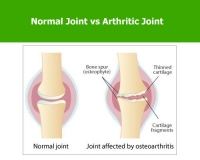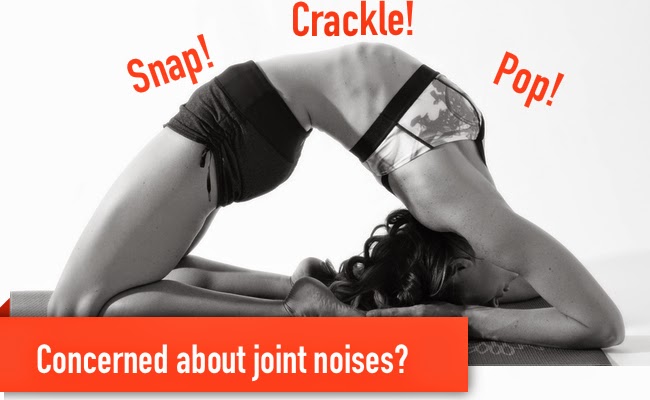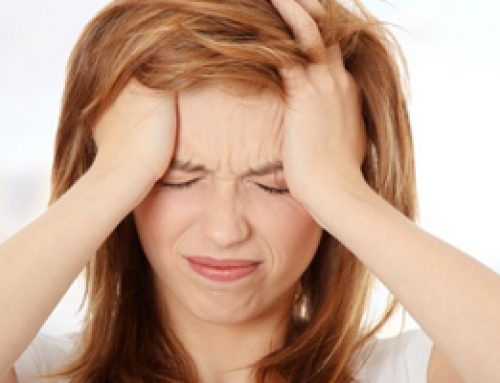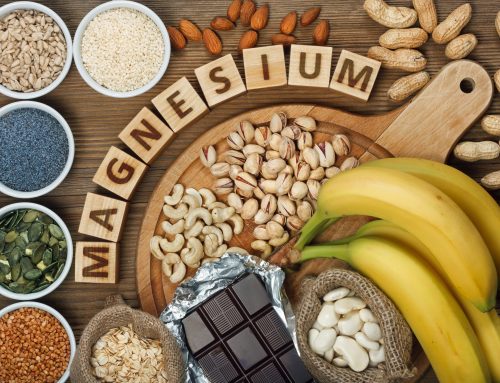My Joints are popping. Is this normal?
Clicking, cracking, popping! If you don’t understand what this noise is, it can be a scary thing if it is coming from your body. You might think that the noise is the sound of your bones breaking. Or if you continue to do this, you will end up with arthritis. The correct term for this “cracking” is called cavitation. The most common joints that people seem to be able to cavitate are the fingers and knuckles. Some people do this as they like to hear the sound of their fingers popping, others do it to relieve pressure in their knuckles and then others do it when they are a little nervous and need to fidget. There is a myth that cracking your knuckles will lead to arthritis in the fingers. This is incorrect as arthritis is related to inflammatory processes in the body and the most common arthritis is osteoarthritis which is related to wear and tear of a joint due to the joint being damaged at some point in one’s life or from muscle imbalances and lack of movement.
For the most part noises from the body can be harmless and it gives us an indication of the integrity of the joint. Being a chiropractor I hear many noises from joints throughout the day. Some have a crisp clean sound when they cavitate, others can be squelching noises (inflamed), and then there is the sandpaper noises like grinding (arthritic noises).
What is Joint Cavitation?
Any joint that is a synovial joint will be able to cavitate in most circumstances. This synovial fluid baths the joint and provides a protective film that allows the joint to have full movement. When the joint is stretched to its boundaries, a change in the fluid pressure happens and a natural nitrogen gas is then released into the surrounding soft tissue, which results in a cracking noise. It takes approximately 20 minutes for the pressure to build back up in the joint, which is why you can’t crack your knuckles again immediately after doing so.
My Joints Crack when moving is this the same?
In some sense yes, but as stated before sometimes the type of noise is indication of the integrity of the joint.
- Repetitive Clicks – This can be the noise when you lift your arms above your head and back down and then you repeat and the click is still there. As in this case it can be from poor stability in the muscles and another area is overloaded. So normally a muscle imbalance in the area which causes the repetitive click. Another common place for this is in the knee around the kneecap/patella
- Clunks – This is different to your normal pops that comes from joints. This is often felt as a shift of one joint over another and may or may not accompany a louder pop. This phenomenon can be associated with hypermobility due to genetic predisposition or from trauma to the area.
- Noisy Rips/Tears – This is something to be of concern. It virtually sounds like a rip due to something being taken past it’s pathological and physical barrier. There is normally immediately swelling and pain with the sound which then is followed by bruising of the area. If this occurs seek out advice from a physician such as a chiropractor, physiotherapist, or osteopath.
- Grinding – Is mostly related to arthritic changes. The joint cartilage is fraying and the joint space has decreased causing a crepitus/grinding sound to appear on continuous movement of the joint. Common areas that this occurs is the kneecap/patellar and is a sign of patellofemoral tracking syndrome or the neck/cervical spine on rotation which is normally arthritis in the posterior joints of the spine called facets.

Why does it feel good after the joints have popped?
You have been sitting for awhile in the one position for too long and you go to move and stretch as in opening the chest and shoulders up again or just simply that stretch you do after a night’s sleep in the morning. Even animals such as cats and dogs stretch their muscles and joints out after activity. When this happens, their might be a pop that occurs which actually feels nice and in turn creates movement through the joint and relaxes it. The stretch mechanism on the joint fires the mechanoreceptors in the joint to help relax the surrounding tight muscles that have stiffened up due to the inactivity. Popping the joints also has an endorphin release into your body similar to opiates (natural painkillers).
I can crack my own back, is this the same as when the chiropractor does it?
In actual fact, it might feel similar in a lot of ways but no it is not. When you stretch and make the joints pop or cavitate you are creating this by a slow passive stretch which uses the soft tissue in the area to eventually make the joint pop. It feels nice at the time but the downside of this is that you are mostly likely over-stretching the joint that moves already too much and not restoring the movement to the exact area that is needed. This is why is feels good for only a short time before you feel you need to crack it again.
Whereas when a chiropractor adjusts your back to create movement through the joints, he is directing his force and knowledge in the direction that there is a spinal joint dysfunction, that is showing signs of poor sensorimotor control (ability of the brain to perceive where that joint is in time and space). The adjustment stimulates the joint receptors and soft tissue in the area to provide a neural response to the brain that this movement is possible and restore the brain’s ability to control the joint function and protect it from further damage. So as a final note, resist the urge to click, crack and pop your own back and fingers and come and visit your chiropractor!
If you would like more information or would like to book an appointment at Neurohealth – please call the clinic on 9905 9099 or email us admin@neurohealthchiro.com.au or fill in the contact form from our website www.neurohealthchiro.com.au
Sign up to receive Neurohealth Chiropractic’s Free monthly health newsletter on the Right Hand Side of this page. Filled with great information and lots of easy health tips to keep you at Optimal Health!
This article is written by Dr. Steven Cannon, Chiropractor @ Neurohealth




